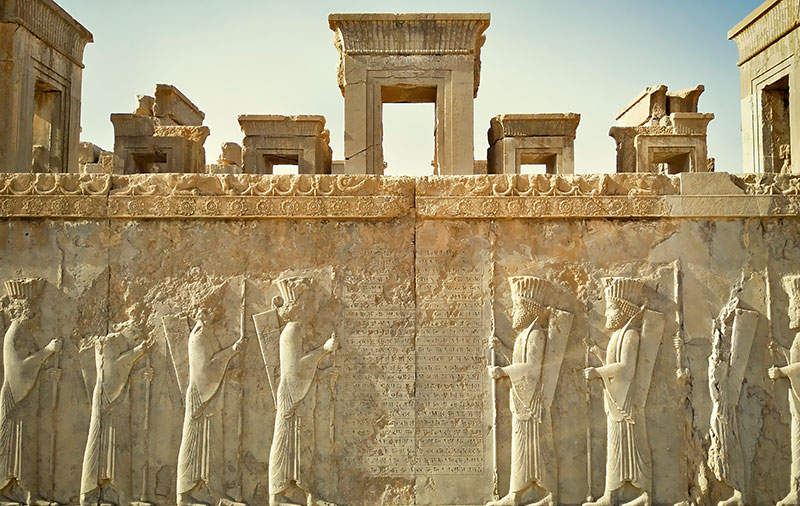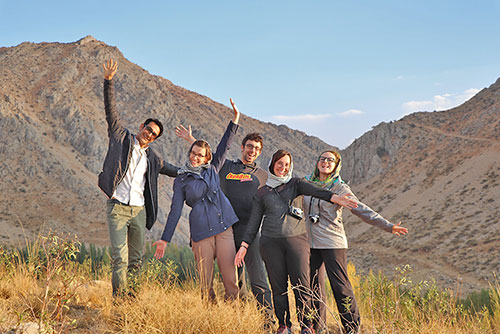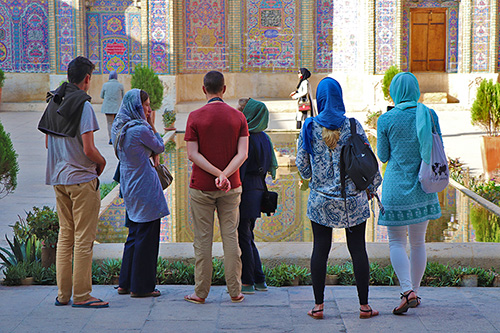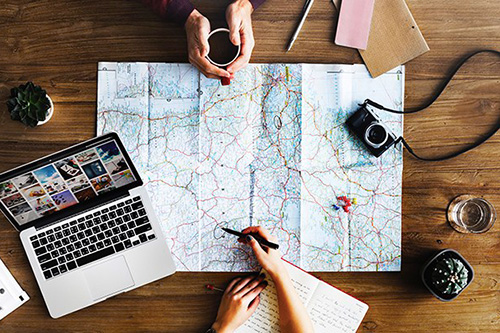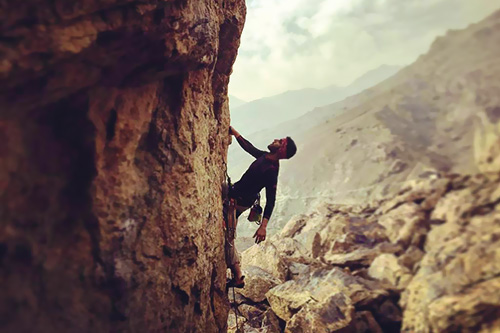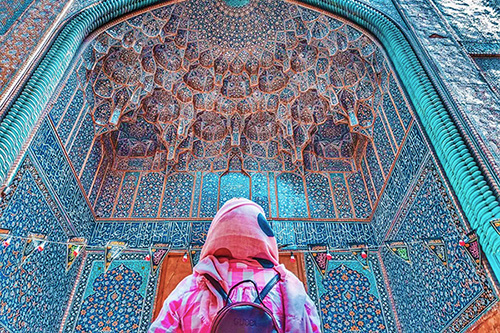 Signin with Google
Signin with Google Signin with Facebook
Signin with Facebook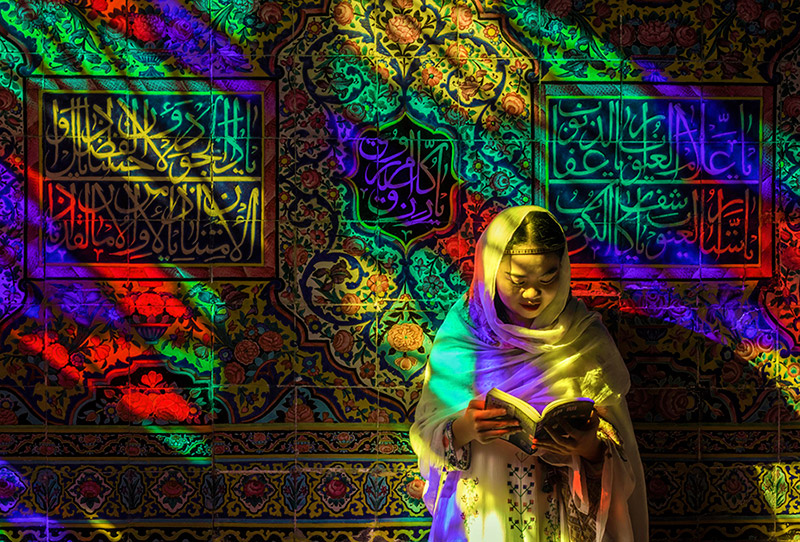
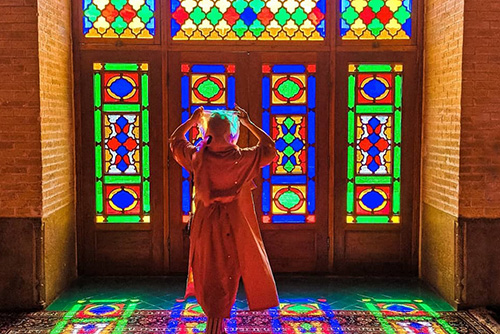 About Iran,Safety In Iran
About Iran,Safety In IranFive Myths about Iran
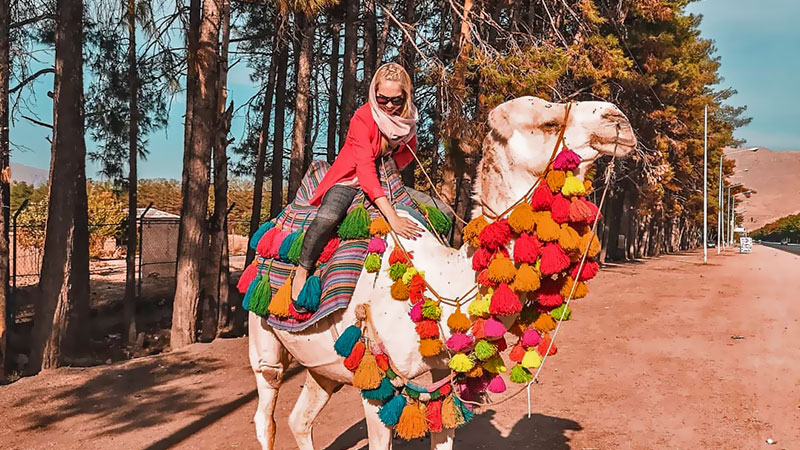
1. Iran is dangerous, I may be hurt or end up in jail
Any travellers about to leave for their trip to Iran have faced this extreme reaction from some of their relatives: "Be careful, it's dangerous!”. It usually goes with false ideas about terrorism and potential jail threats. There is nothing falser than this! Unfortunately, recent coverages of media have contributed to putting the idea that Iran might be dangerous into visitors' minds. Yet, it is so far from the reality, as shown by the survey of "International SOS", a group of independent experts, which considers Iran as safe as Sweden or Germany. Indeed, there are few risks of being stolen in Iran, and terrorism inside the country is almost nonexistent. Visitors all share the same experience, including solo women travellers: Iran is so safe. This is mostly due to the kindness of Iranians, considered as "the friendliest people in the world" by Lonely Planet, as they are always willing to help a foreigner get to its destination, or invite him over for dinner! Public transportation and VIP night buses are not only a cheap way to travel across the country, but they are also safe and comfortable. So, don't listen to the prejudices and come to see it by yourself, without apprehensions!

2. Iranians are radical Muslims, I won't have any freedom
Many people share misconceptions about Iran, and among them, a lot are afraid of some kind of "radicalism" among the Iranian population. Thus, they might expect with worries, to encounter hardline religious people and behaviours during their trip to Iran. Often, they even believe that they will see most women wearing "burqa", a fabric that covers them entirely except for the eyes. Actually, this type of clothes barely exists in Iran and is found mostly in neighbouring countries, which follow another branch of Islam, Sunni. Far from being the stereotype as sometimes shown in media, Iranians are open to other religions and beliefs, as they have been for centuries. If the government is the Islamic Republic, it doesn't mean that everybody shares the same faith. Christians, Jews, and Zoroastrians are protected minorities who have many members in the country, as well as stunning holy places. Among Muslims, whether they are Shias, Sunnis, or Sufis, people live their faith as they intend to, and many Iranians nowadays are not practising. As a tourist, you will probably experience more freedom than you expect, as the only major constraint is related to clothing. However, big cities such as Tehran and Shiraz are particularly liberal.
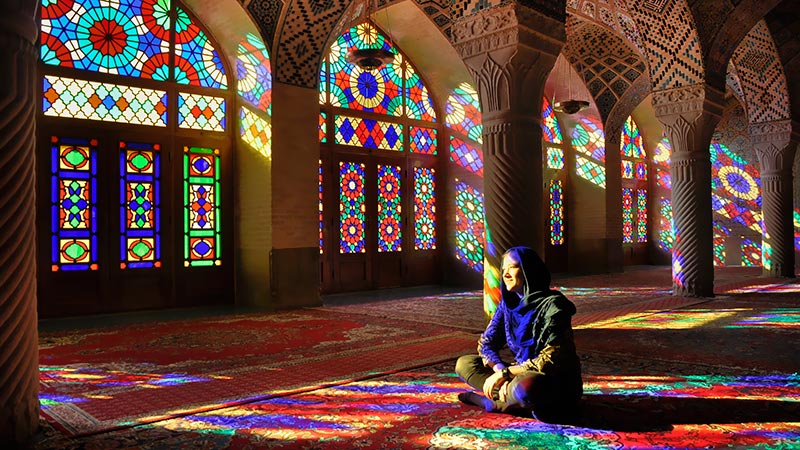
3. Iran is not a modern and advanced country, I won't access technology
You have seen picturesque images of mountain villages, architectural sites dating back from the Persian Empire, life within nomad tribes, and camels roaming on vast lands of deserts. This postcard scene doesn't say it all. It forgets to mention the modern life of most cities in Iran, which does not have much to envy other countries. Seated in one of Tehran's trendiest cafes, after an art exhibition and just before using an app to order a taxi ride for your next destination, you should quickly forget your doubts that Iran might not be advanced. Technologies are everywhere in Iran and mobile data is easily accessible, as Iranians are addicted to their smartphones, just like you! As travellers, it also means that you have access to good infrastructures, such as trains, planes, and roads.

4. Iran is a dry land full of deserts only, I will only experience dry and hot
Many of the images associated with Iran throughout literature and fiction bring us back to Persia and the "One Thousand and One Nights" folk tales. That's why the desert city of Yazd is a dream coming true for many travellers who wander into its narrow adobe alleys. Indeed, Iran counts many spotless and pristine deserts, such as the Dasht-e Kavir and the Dasht-e Lut. But it’s far from being the only type of landscape the country has to offer. Iran is a vast country with various climates, which often amaze its visitors. In the north, lush and green forests alongside the Caspian Sea are a paradise for nature lovers, who travel there for a hike or a birdwatching experience. In the west, crooked mountains offer incredible rides while hiding splendid waterfalls to jump into. Go southern to follow the south coast of Iran and enjoy the beauties of wild cliffs plunging into the Persian Gulf, and seeking wonders while diving into its crystal-clear waters. Eventually, put on some warm clothes to face the eternal snow of Mount Damavand, the highest volcano in Asia. These experiences should show you that if Iran indeed has beautiful deserts, the country is far from being limited to warm and dry landscapes.
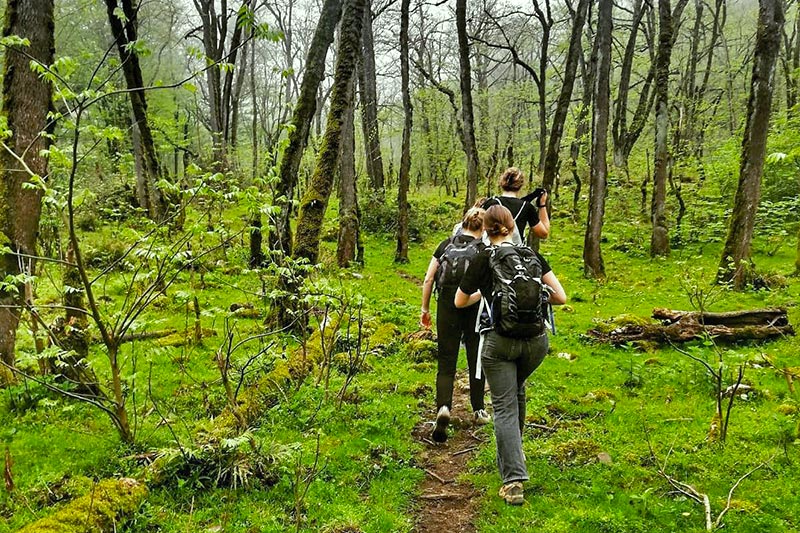
5. Iran has poorly contributed to the world's history, I won't learn much
The cultural and scientific contributions of Persia to the world and countless and often not well-known. One of the reasons is that many of the ancestral works in science and mathematics were written by Persian scholars in Arabic, which was at that time considered the language of academics. One of the greatest scientific contributions is due to Avicenna, a Persian scholar seen as the father of Modern Medicine. Many experts also claim that the hospital system as we know it nowadays comes from Persia. Many fundamental findings in science come from Persia: In the 9th century, the mathematician Al-Khawarizmi developed algebra; in 1000 A.D. Al-Bruni wrote a complete astronomical encyclopedia, and Al-Biruni was the first scientist to propose the finite speed of light which would later be experimented by Galileo. Many ancient engineering discoveries can nowadays be seen in Iran, such as the windcatcher (the oldest cooler system), qanat (an underground water channel listed by UNESCO), Yakhchal (the ancestor of the refrigerator), as well as unique hydraulic systems such Shushtar's. With the great history of Persian kings, Iran also has left an invaluable legacy, with, for instance, the Cyrus Cylinder, which is recognized as the world’s first universal charter of human rights.
